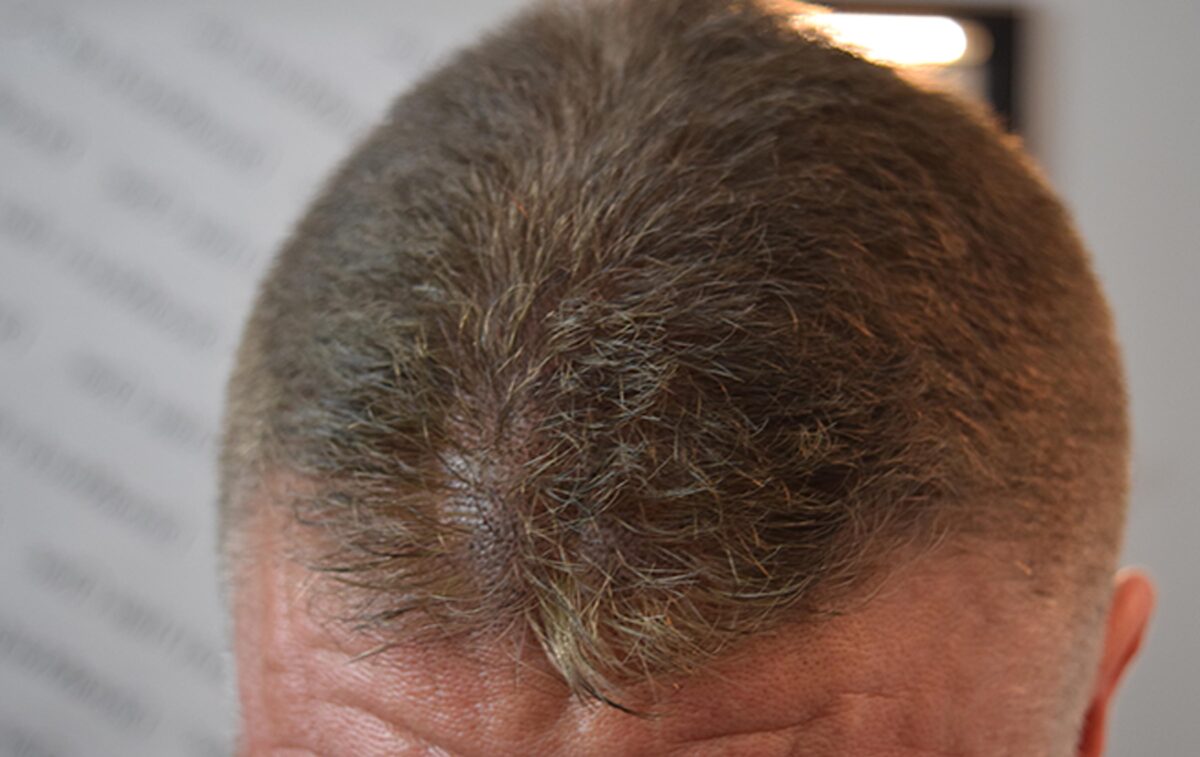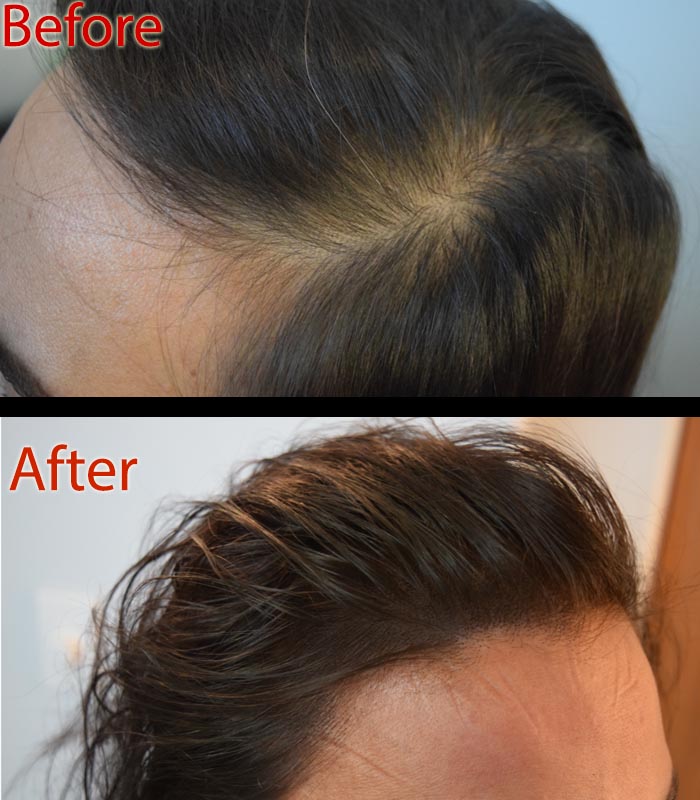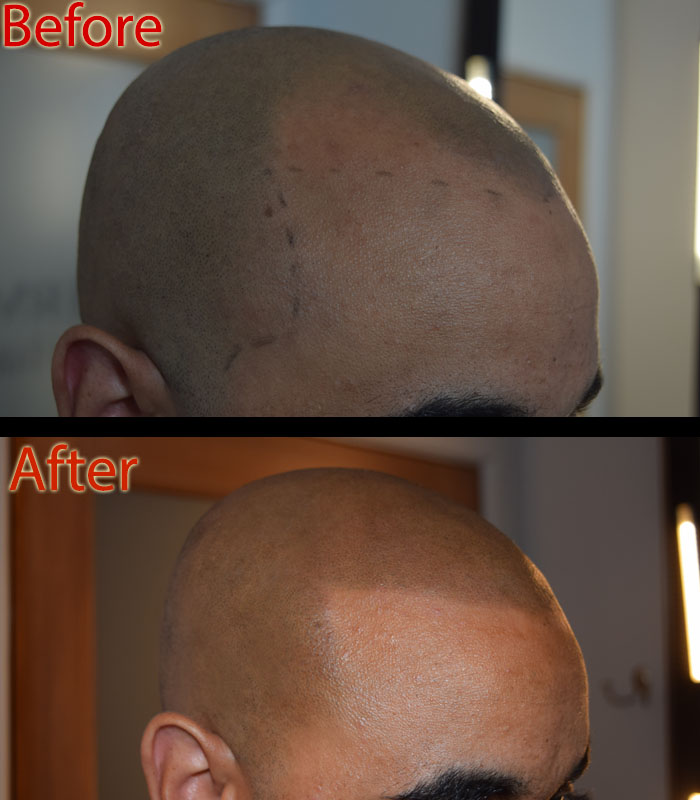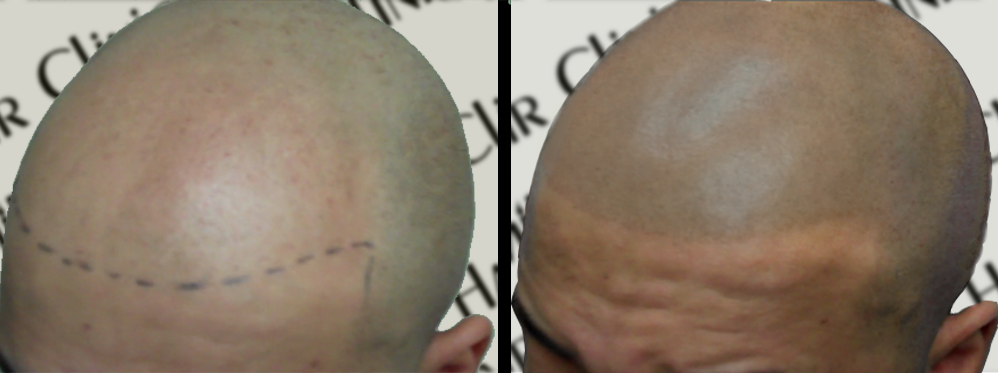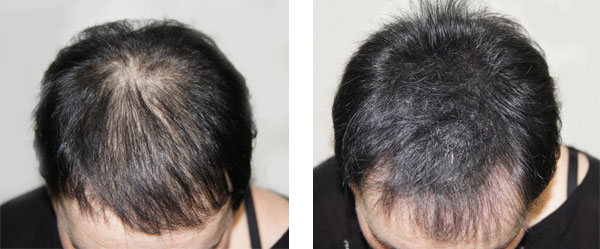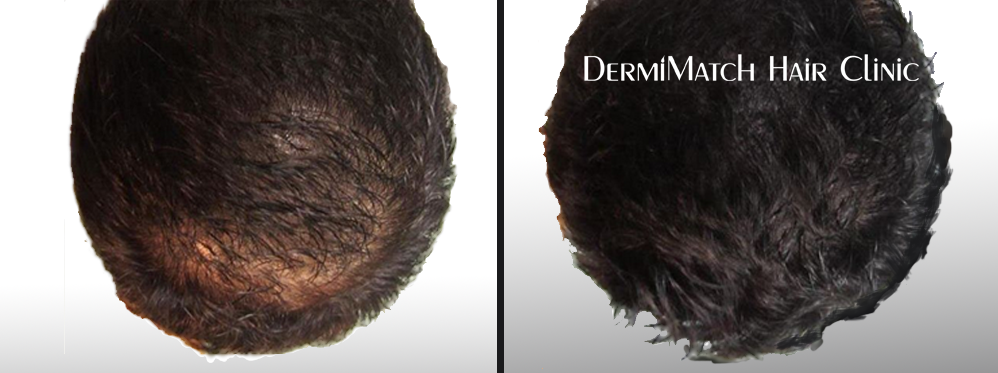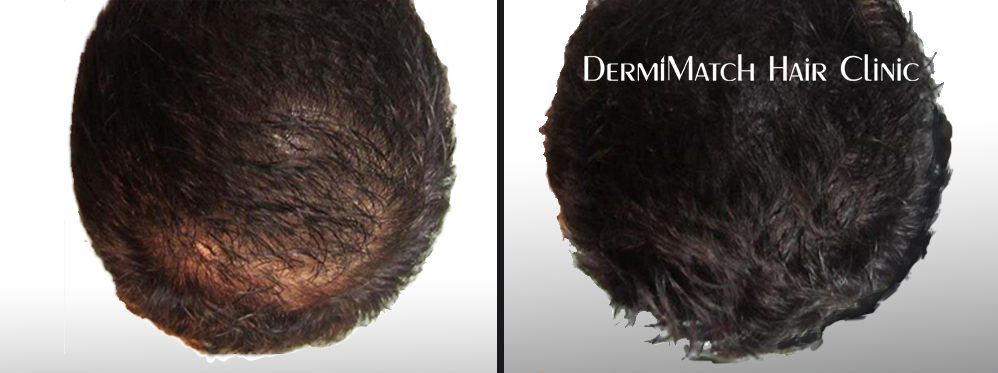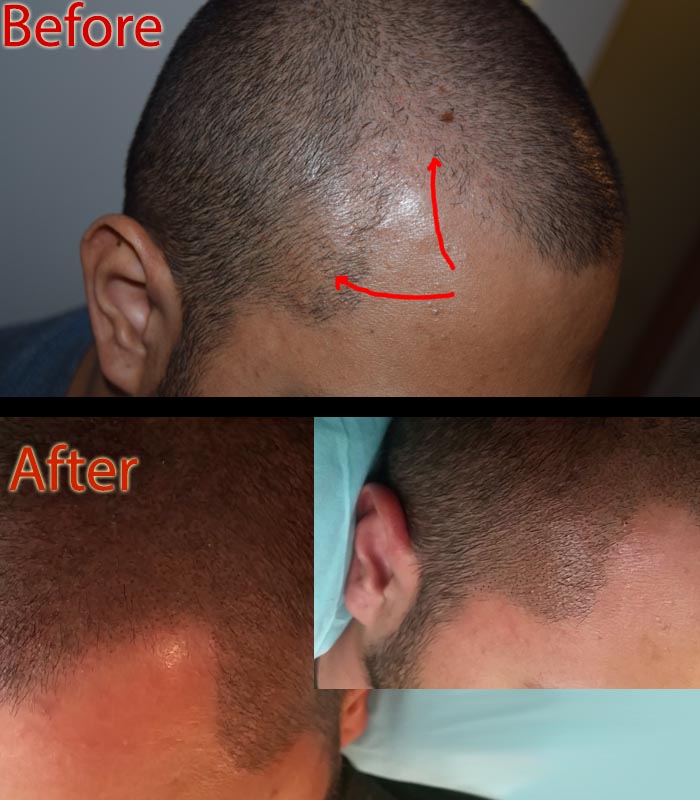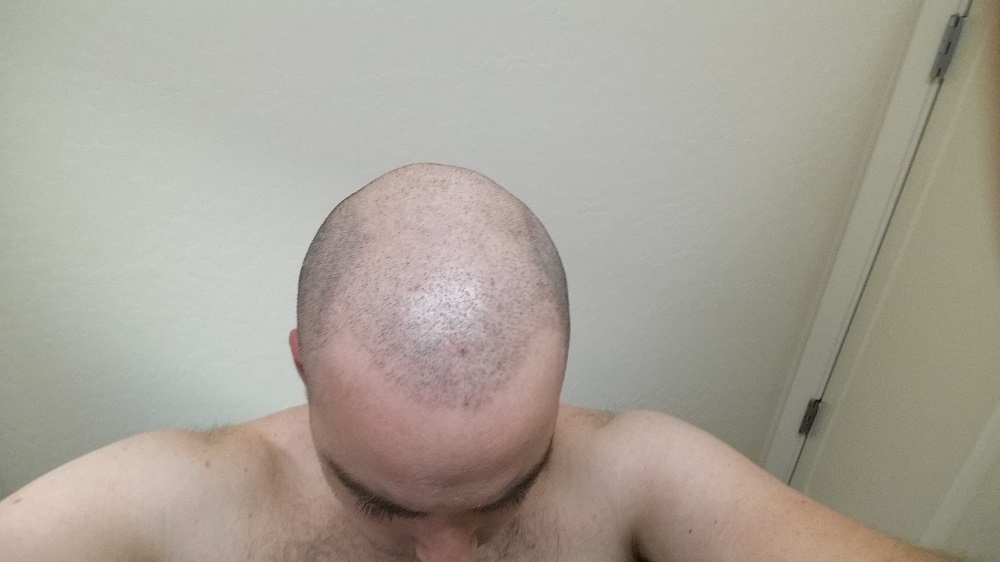You are experiencing thinning hair and wondering if hair thinning can become thick again. Of course, you are also looking for an answer to the most common question: How long does it take for hair to grow back?
Hair can grow back if the root cause of the problem is diagnosed. There are many causes of thinning, including stress, nutrient deficiencies, pregnancy, postpartum, thyroid, and other nongenetic reasons. Finding the root cause of the problem is the first step to solving it.
Hair thinning is not baldness. But yes, it could be the first step toward that stage in some cases. While you can take back control of your hair health by managing stress and nutritional deficiencies, there are some factors that are not in your hands. For example, if your hair loss is blamed on your genes or hormonal problems, there is little you can do about them. Nevertheless, talking to a doctor can help.
Hair Thinning: Am I Going Bald?
Are you genetically predisposed to pattern baldness? Does it run in your family? If it does, then you are prone to it too.
Stressing too much about hair loss can further exacerbate hair loss and start a vicious cycle, where you lose hair and feel stressed and vice versa. It is important to engage in activities that you enjoy so you know how to manage stress.
Other Factors
If you are above 40, you are aging and you should not worry too much about hair thinning. But if you are losing hair and are yet to cross 35, hair loss might be a sign of balding.
Hair thinning might also be blamed on hormonal imbalance, medical problems, thyroid, vitamin and nutritional deficiency, and dramatic weight loss. While medications and dietary intervention can help in some cases, people with genetic causes may not find relief from thinning hair with medication. So does that mean these people will have to live with the stress of losing hair all their life? Or is there a way out?
Restore Your Hair With SMP
If you are feeling low in confidence and lack self-esteem because of thinning, it might be time to get help. Timely medical intervention is necessary. However, if the medication doesn’t help, there is still hope for scalp micropigmentation. SMP is like a ray of hope for those with thinning hair, baldness, and hair loss. The non-invasive hair restoration procedure can effectively cover the problem areas on the scalp and give you a youthful look.
The non-surgical hair loss treatment works best for people with thinning, receding hairline, pattern baldness, and hair loss. In fact, the procedure helps camouflage scalp scars too, which could be unsightly, tough, and a result of an injury or hair transplant surgery.
SMP in Scottsdale is a reliable option to cover scalp problems, especially for those looking for a non-surgical solution. DermiMatch Clinic scalp experts are the best in the Scottsdale SMP industry and have a history of helping patients with thinning hair get back their self-esteem. Schedule a consultation with top scalp practitioners today!

